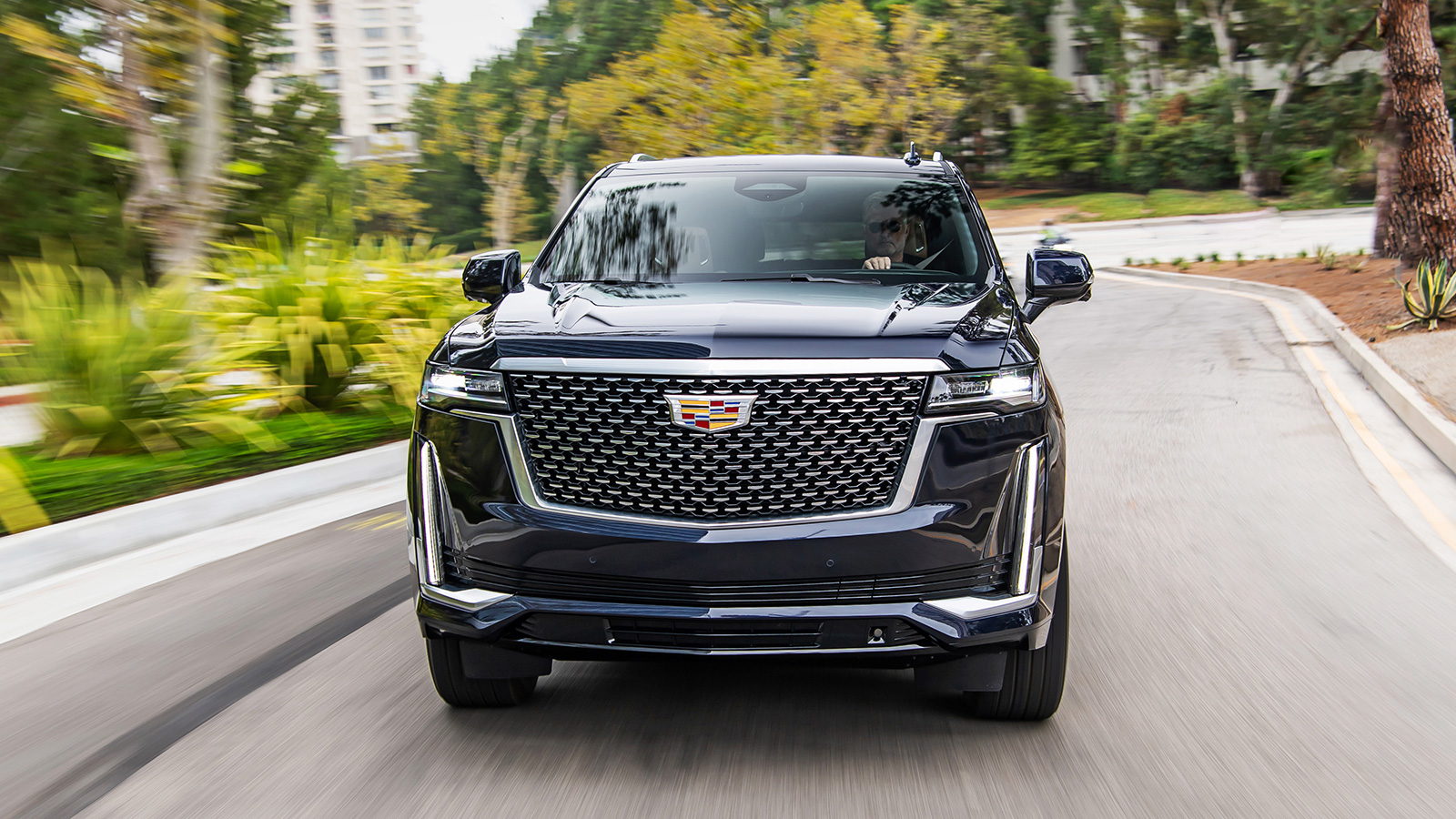The Chip Shortage Has Claimed Super Cruise On The Cadillac Escalade
GM has been working to bring the feature to more models, but the Escalade was the only one that already had it.
Super Cruise has hit a snag. The semi-autonomous driving functionality launched in the now-discontinued Cadillac CT6 and due to appear in other General Motors models in the near future has been temporarily pulled from the 2022 Escalade, marking yet another casualty of the chip shortage.
With the CT6 gone, the Escalade has been the only vehicle to include the feature. Super Cruise was also supposed to reach the CT4 and CT5 with "limited availability" beginning in July.
GM's reassuring the media that it's working to get Super Cruise back into the Escalade, having confirmed the system's absence to Motor1 and telling the site that it's "confident in our team's ability to find creative solutions to mitigate the supply chain situation and resume offering the feature for our customers as soon as possible."
But Super Cruise was destined for so much more. According to a GM press release from July, the company was planning to bring the feature to 22 vehicles by 2023, from the GMC Hummer EV to the Chevrolet Bolt. The chip shortage was very much in full swing two months ago, so perhaps this was optimistic thinking, or perhaps GM believed that chip supplies will stabilize enough over the next two years to make that an achievable goal.
A recent story from the BBC quoted Daimler chairman Ola Källenius, who predicted that supply chain woes may stretch into 2023, but "hopefully not at the level of severity that we have experienced here in the last couple of months."
Nevertheless it's still a setback for GM, which debuted Super Cruise with much fanfare in 2018, and now can't consistently offer the technology in any of its cars. We've seen various automakers delete features on various models to keep production rolling as smoothly as possible. In fact, GM did as much earlier in the year when it decided to ship full-size trucks without fuel economy management modules. I'm willing to bet that the absence of that component likely matters to more shoppers, but this one doesn't help the company's momentum from a marketing standpoint.
